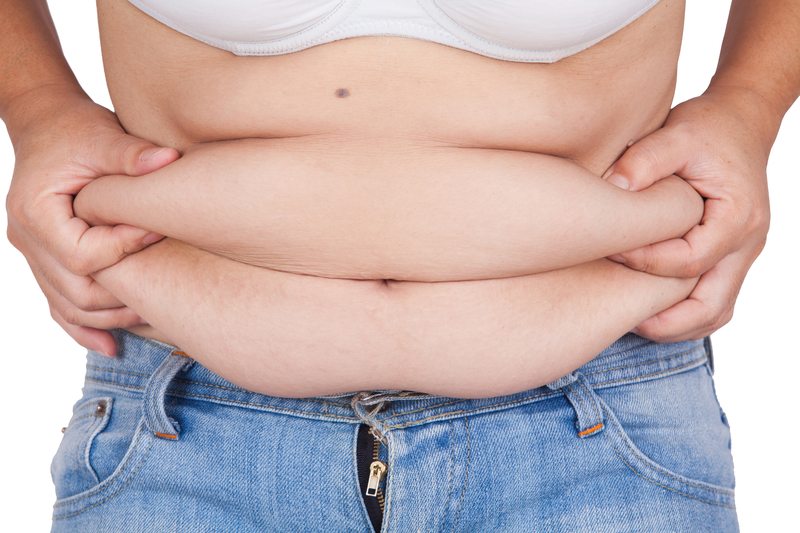Ugh, the worst, bloating after eating a meal that included something your stomach was not happy about!
Maybe it was that carbonated soda you chugged to wash down the meal you ate. Whatever it was, it's now a feeling of constant pressure on your abdomen. Your stomach feels like it’s about to explode, not to mention it looks like you just ate a watermelon.
But did you know there are some things you can actually do to avoid bloating? Check out these three easy methods:
First things first, what are you eating?
Are you aware of any food allergies or intolerances you might have? As soon as I figured out that my stomach was not a fan of dairy products, I cut back and saw immediate improvement. Now finding these allergies is not easy, but it’s well worth paying attention too. Intolerances to lactose, fructose, and gluten are very common today. If you feel like one of these could be the culprit, simply remove it from your diet for 2-4 weeks and see if you don't start feeling much better.
Foods high in fiber can also help your stomach produce gas, see if maybe whole grains cause discomfort.
Fatty foods will slow down digestion and inhibit its ability to empty the stomach, this will contribute to bloating as well.
Avoid carbonated beverages!
These tasty little beverages, that also include a ton of sugar (which may be the cause of bloating in itself), contain carbon dioxide which will be released from the liquid once it enters your stomach. This then leaves your stomach literally with gas inside, definitely a culprit of bloating.
How can supplementation help my bloating?
There two types of supplements you may take that could help with stomach issues; Digestive Enzyme and Probiotics.
Digestive enzymes are essentially what breakdown the foods we eat. These could definitely help with any food intolerances you may have. I take these if I know I’m about to eat something with dairy in it, the enzymes help my stomach break it down to avoid any stomach issues.
Probiotics, once the digestive enzymes break down your food, probiotics help move that broken down food through your body and distribute all the nutrients once they are broken down. Probiotics are the good bacteria in your gut, they can improve gas and bloating by improving the environment in your gut. They are also very important for immune health as well.
These are both essential when considering how your food is processed. Not enough good bacteria in your gut will lead to bloating and gas, not enough digestive enzymes will cause food to struggle to be broken down properly.
If you feel like you struggle from consistent bloating, start with the foods you eat, try and find the specific foods that are making you feel uncomfortable and bloated. If this proves to be difficult, try supplementation with digestive enzymes and probiotics to maintain your optimal health.
Research:
http://onlinelibrary.wiley.com/doi/10.1111/j.1365-2982.2005.00695.x/full
http://www.ncbi.nlm.nih.gov/pmc/articles/PMC3587687/
http://www.drdavidwilliams.com/gut-health-digestive-enzymes/




What did you think about this article?